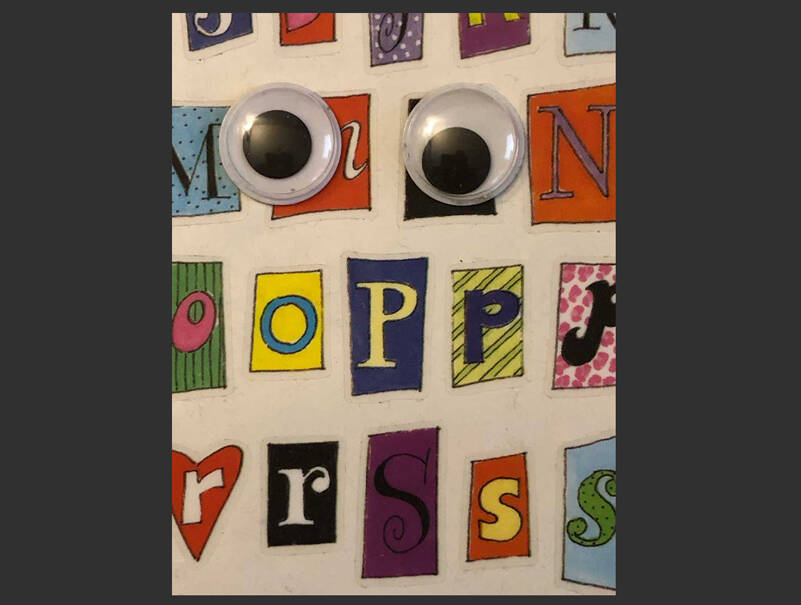By Morf Morford, Tacoma Daily Index
British officer: “You French fight for money, while we British fight for honor.”
Robert Surcouf: “Sir, a man fights for what he lacks the most.”
Every year, a variety of journalists and researchers submit what they consider to be the word that sums up any given year. In most cases, this means a word that captures the essence of one year’s hopes, fears and/or obsessions. In short, a word that captures what we care about – or as Robert Surcouf put it in the short conversation above, what we most lack.
And, in our much vaunted polarized times, what we seem to most lack in many of our public forums is integrity, decency and general civility.
As more than one news source has put it, the word of the year is more like the “opposite of fake” than any word that specifies what we are.
Perhaps “authenticity” catches the essence of our current ethical/social deficits more than anything else.
In short, what we as a society seem to lack is substance of any sort.
When it comes to values and what we stand for, perhaps the food many of us eat is the best living metaphor for who we are; frozen, packaged, plastic-wrapped and with multi-syllabic ingredients few of us could spell, let alone identify, we are, to quote a phrase from a different era, what we eat.
High fat, high sugar, grease, calories and almost no nutrition, “authentic” is also the opposite of the food most of us take in.
The food, political proclamations and public statements we hear constantly are as “fake” as the empty calories on our grocery shelves.
Who needs integrity, decency and general civility when clicks are the only things that pay?
Tech innovations, perhaps like all human inventions, only mimic or amplify human attributes.
2023 gave us all manner of not-real experiences from “deep-fakes” to “hallucinations” – the response of generative AI models like ChatGPT to invent anything from dates to entire civilizations rather than admit it doesn’t know. (Sort of like a few humans I have known).
From actors’ contracts, academic honesty, standard commercials, and political ads, virtual, fake and real have become nearly interchangeable.
In response to this, Merriam-Webster chose “authentic” as their word of the year.
Perhaps at some level, it reflected our hope, or even wishful thinking about the future.
Got Rizz?
On the younger side of a thoroughly arbitrary boundary, the word “Rizz” was crowned 2023’s word of the year by the publishers of the Oxford English Dictionary.
“Rizz” is derived from the word “charisma” and, in its reduced version has become a slang term for “style, charm, or attractiveness” or “the ability to attract a romantic or sexual partner,” according to Oxford University Press (OUP).
In contrast to “Rizz”, Oxford’s 2022 word of the year was “goblin mode,” a term referring to a type of generalized (and all too common) behavior and style, from ripped jeans, mismatched socks, and scraggly beards, which is unapologetically self-indulgent, lazy, slovenly, or even greedy, which became second-nature to many of us in the COVID years, first at home and then in public – and, for many, at work.
In short, both words, “rizz” and “authenticity” refer to concepts most of us wish we had, and are, unlike everything else it seems, not available online.
Both words, it could be argued, speak to an ethic or attitude, or even a set of values and beliefs of a seemingly lost age.
Wouldn’t we all, from individuals to neighborhoods to national or ethnic identities, prefer to be known and recognized for our charm, integrity and decency? Those have always been hard words to live up to, but in our fractious, vengeful, and of course, artificial age, perhaps the best we can do is aspire to be our better selves – however distant and unreal those better selves might seem to be.





